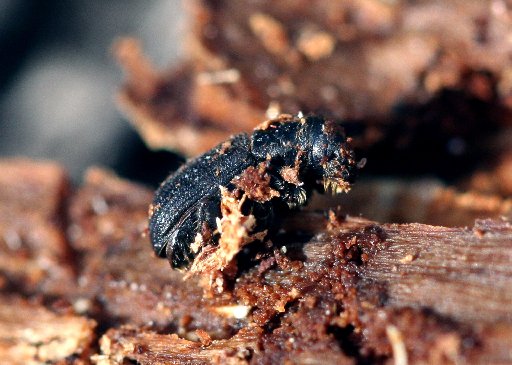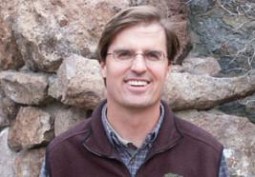
Jamie Williams (start time 5:40). Today on How On Earth we speak with Jamie Williams about land conservation. It’s safe to say that Williams should take credit for large swaths of land in the West that have been preserved as wilderness. He has served as The Nature Conservancy’s director of landscape conservation for North America as part of a 20-year career at the organization.
During that time he helped forge unlikely partnerships between ranchers, other landowners and environmentalists. And he led major efforts to garner funding in Congress for conservation, including the largest conservation purchase of private land ever – of 500 square miles of forest in northwest Montana.
Williams helped develop the large landscape focus within the Obama administration’s America’s Great Outdoors Initiative, which aims to connect especially young kids to the outdoors.
Today, Williams takes the helm of another major conservation organization, the Wilderness Society.
Climate engineering (start time 18:12). Geoengineering means large scale, intentional manipulation of the climate to counter the effects of global climate change. Advocates have proposed ideas like placing giant shields in space to block the sun’s rays from striking the earth, and seeding the ocean with iron particles to speed up the removal of carbon from the atmosphere. Critics cite a host of social, moral, and technological problems.
Climate engineering may be a solution of last resort, but the time for last resorts may be rapidly approaching as we spew more and more carbon into the air.
We speak with Dr. Doug Ray about the readiness of climate engineering. Ray is an expert on energy and atmospheric carbon removal science and technology and is an Associate Lab Director at the Pacific Northwest National Laboratory.
Hosts: Joel Parker and Susan Moran
Producer: Jim Pullen
Engineer: Jim Pullen
Headlines: Jim Pullen
Additional contributions: Maeve Conran
Executive Producer: Joel Parker
Listen to the show:
Podcast: Play in new window | Download (Duration: 25:15 — 23.2MB)
Subscribe: RSS

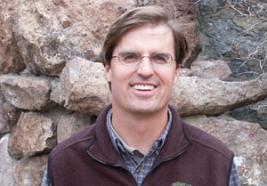



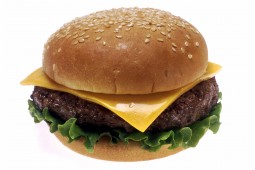
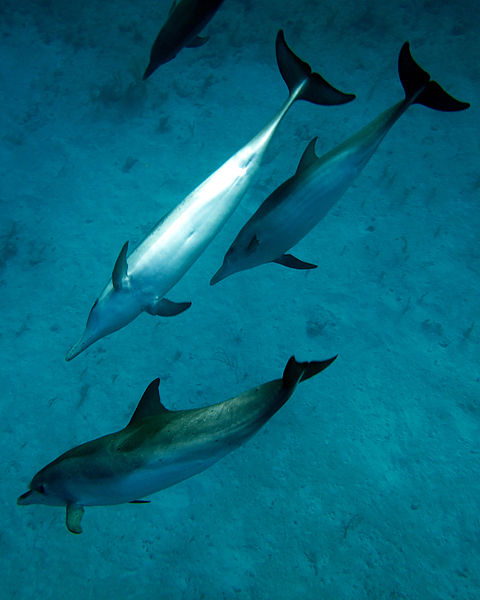
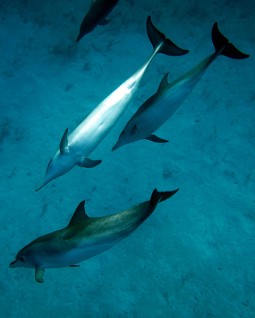 Dolphins are intelligent and communicative creatures within their own species and with the other animals native to their waters. Still, a hundred million years of evolutionary history and pressures imposed by radically different environments separate dolphins and humans. Can that enormous chasm be crossed? Can we have a conversation with an alien, a different and intelligent species? Twenty-seven years ago, Dr. Denise Herzing first slipped into the warm and clear Bahaman waters in a quest to answer those questions. And every spring since then, she has gathered the crew, the equipment, the money, the courage and the patience to return to work cooperatively with them, unfettered in the wild. Dr. Herzing believes that first we have to understand dolphin society and give them the freedom to choose to communicate with us. This week on How On Earth, Jim Pullen talks with Dr. Herzing about how she communicates with Atlantic Spotted dolphins (start at 6:48).
Dolphins are intelligent and communicative creatures within their own species and with the other animals native to their waters. Still, a hundred million years of evolutionary history and pressures imposed by radically different environments separate dolphins and humans. Can that enormous chasm be crossed? Can we have a conversation with an alien, a different and intelligent species? Twenty-seven years ago, Dr. Denise Herzing first slipped into the warm and clear Bahaman waters in a quest to answer those questions. And every spring since then, she has gathered the crew, the equipment, the money, the courage and the patience to return to work cooperatively with them, unfettered in the wild. Dr. Herzing believes that first we have to understand dolphin society and give them the freedom to choose to communicate with us. This week on How On Earth, Jim Pullen talks with Dr. Herzing about how she communicates with Atlantic Spotted dolphins (start at 6:48).


 Bees and Pesticides (start at 6:40). Two studies published last week in the journal Science (
Bees and Pesticides (start at 6:40). Two studies published last week in the journal Science (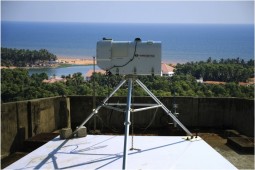 Radiometers and Weather (start at 12:50). Predicting the weather is a tough job, and climate change is bringing unseasonal conditions that make it even more difficult to predict. But a monitoring device produced here in Boulder may be able to improve local weather forecasts significnatly. These radiometers work by creating 3-D profiles of the moisture in the air, which is a key element for meteorologists and climate modelers alike. They are now being put to various weather-related uses all over the planet. Stick Ware is the founder and lead scientist of the Boulder-based company,
Radiometers and Weather (start at 12:50). Predicting the weather is a tough job, and climate change is bringing unseasonal conditions that make it even more difficult to predict. But a monitoring device produced here in Boulder may be able to improve local weather forecasts significnatly. These radiometers work by creating 3-D profiles of the moisture in the air, which is a key element for meteorologists and climate modelers alike. They are now being put to various weather-related uses all over the planet. Stick Ware is the founder and lead scientist of the Boulder-based company, 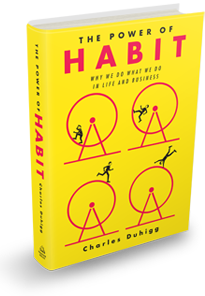


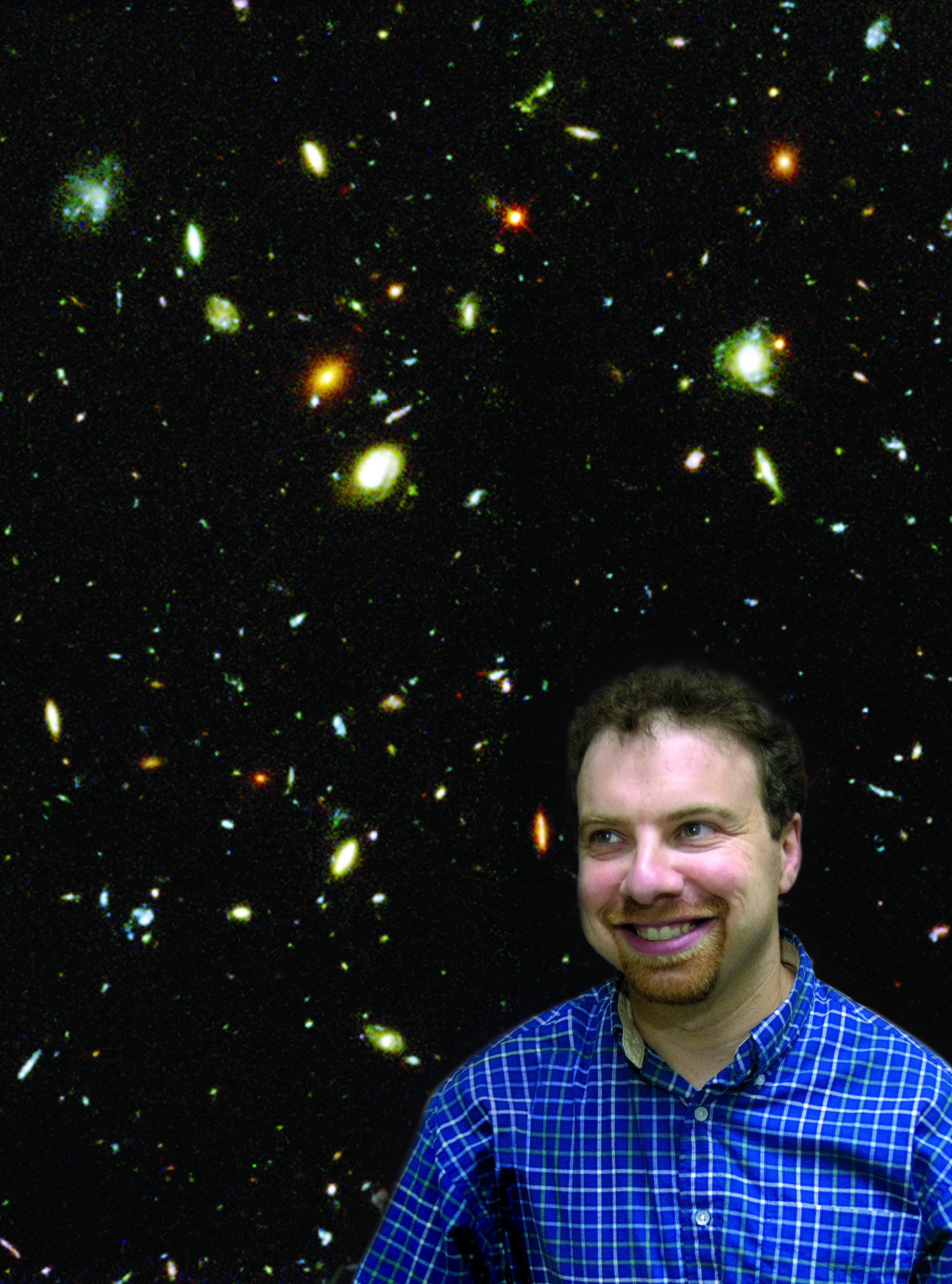
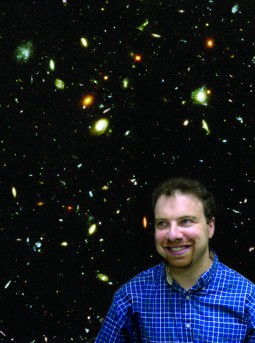 The Accelerating Expansion of The Universe (start at 5:11). Have you ever had the feeling that things are moving faster and faster these days? Well, maybe it’s not your imagination. Proof that the universe is not just expanding but is accelerating garnered a
The Accelerating Expansion of The Universe (start at 5:11). Have you ever had the feeling that things are moving faster and faster these days? Well, maybe it’s not your imagination. Proof that the universe is not just expanding but is accelerating garnered a 
